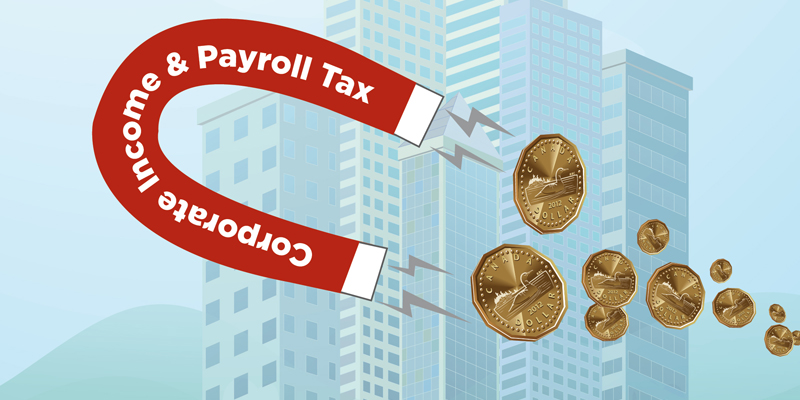Allowing workers to bargain independently from the union would help limit the problem of free-riding while not forcing workers to join a union and pay dues.
wages
Whenever some group claims that wages can be artificially boosted via government intervention, as one Ontario lobby group recently did, ask them this question...
Against a backdrop of persistent deficits and growing debt, the federal and many provincial governments are engaged in collective bargaining negotiations with their public-sector unions.
The B.C. government recently announced it will increase the minimum wage in September to $10.45 per hour. Thereafter, annual increases will be automatically pegged at the rate of inflation.
Premier Jim Prentice dropped hints for months that the 2015 provincial budget was a once-in-a-generation chance to “fix” Alberta’s finances.
Over the next two months, Metro Vancouver residents will decide whether they want to pay $250 million more in sales tax each year to help fund a $7.5 billion capital expansion plan, mainly for public transit.
The Ontario government is currently neck deep in negotiations with public sector unions including those representing bureaucrats, teachers, and police officers.


